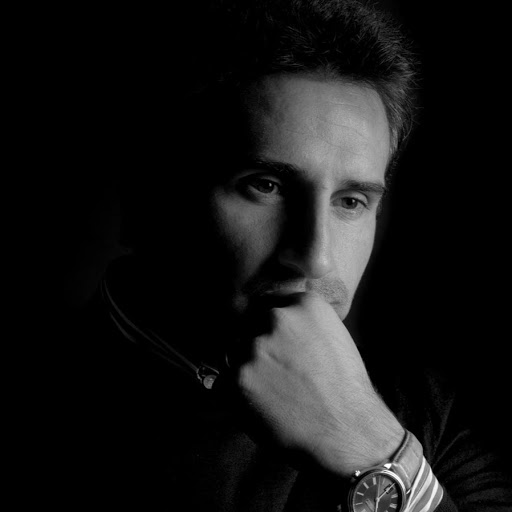The brain of adolescents is neurobiologically different from that of an adult
“Some teenagers appear irresponsible, superficial and disobedient, but in reality the cause of their attitudes is to be found in the brain evolution in which they are involved and which is still in progress, in being, in becoming in them. And, like every becoming, theirs too is changeable, iridescent, even tormented ”. Thus began the exciting interview with dr. Sebastiano Vaia, owner of the Vaia Napoli Neurodiagnostic Institute accredited with the NHS. Professor of General Psychology at the Faculty of Education Sciences, former Professor of Fundamentals of Neuroscience at the International Center for Strategic Psychotherapy in Salerno, during his long professional activity, dr. Vaia has gained great interest in this highly topical issue.
Dr. Vaia, in what sense is the brain of adolescents neurobiologically different from that of an adult?
In the sense that their thoughts, actions and decisions are often dictated by their emotional and emotional side. Which would seem almost downright romantic if it didn’t end up being too often dangerous. Their idea of fun essentially coincides with that of overcoming the limit, of irrationality, of total negation of the rules. The consumption of alcohol and drugs, the sense of danger understood as a sense of challenge and useless risk, their explosive energy without certain direction and the excessive aggression that punctually follows, complete a picture essentially summarized in the absence of that exquisite form of wisdom which is the ability to measure strength. And therefore for them it is even more difficult, for example, to adapt to public health measures conceived exceptionally in these days of Coronavirus emergency. This is because, to a still dangerous biological structure, there is also a great emotional fragility.
Still, their enthusiasm would be an enormous resource if well addressed.
Absolutely yes. Too many times, however, it is lost, even for lack of teachers or willingness to listen to them. And the role of adults is precisely this, and it is a role that the adolescent at most refuses, while requesting and demanding their presence. He rejects it in the name of his disproportionate will to power, and therefore of intolerance against schemes, channels, protocols, modalities; he demands it in the name of the principle of authority, which he invokes as a secure border, paternal and maternal embrace, a protected riverbed, and at the same time as a demiurge, an ordering element and therefore of relief, of serenity, of unloading. Our presence will therefore be requested but criticized, requested without resulting in gratitude and criticized with harsh judgment. As tiring as it may be, we have to resist and choose to be their sailing companions in such a vast and procellious sea. We must stay by their side, listen to their music, share thoughts and be there in their time; and then leave them the right spaces by choosing them ourselves wisely, on the basis of the tests to which we consider them ready or of the failures to which we intend to expose them for their own good and which we think may prove functional to their evolution. They are in fact rare nantes in vast gurgitis, and so they appear, perhaps so they feel – rare in the sense of lost – until then they find the right path.
For more info: www.sebastianovaia.it






















































